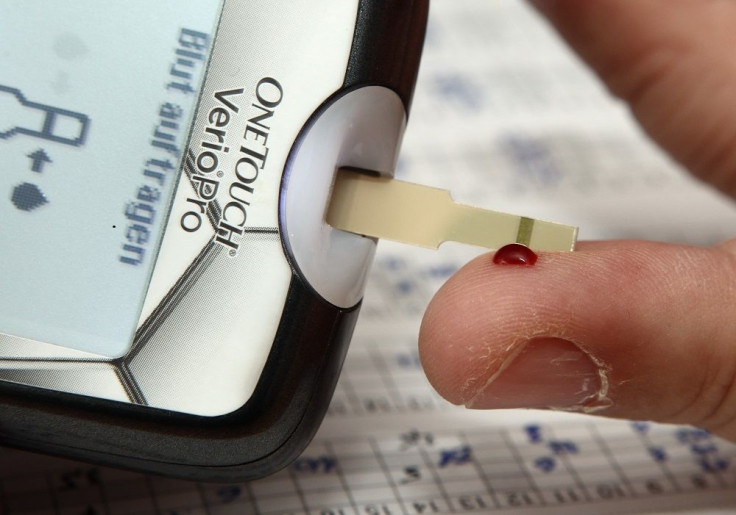High blood sugar levels may lead to severe heart attack complications

Foods high in sugar could potentially lead to more severe complications during a heart attack, a new study shows. Scientists discovered that high levels of sugar or glucose in the blood can change the behaviour of blood vessels not only in diabetics but also in healthy individuals that may lead to potentially dangerous effects on the heart and blood pressure.
People experience a heart attack when a coronary artery, which provides blood to the heart muscle, is blocked. High glucose during a heart attack could make the block more severe by causing the blood vessel contract stronger than normal.
The more contracted blood vessel could also lead to higher blood pressure, leading to higher risks of complications, according to scientists at the University of Leicester who conducted the study.
The study comes as MPs and health experts debate proposals for the implementation of a “sugar tax.” The study highlights the potential effects of the consumption of large amounts of foods rich in sugar.
"We have shown that the amount of sugar, or glucose, in the blood changes the behaviour of blood vessels making them contract more than normal,” said lead researcher Dr Richard Rainbow, from the University's Department of Cardiovascular Sciences. “This could result in higher blood pressure, or could reduce the amount of blood that flows through vital organs.”
An earlier study by the Leicester researchers suggests that high amount of glucose from any cause, not just diabetes, indicates a “worse outcome” after a heart attack. In addition, another research by the group has found glucose could deliver damaging effects on the normal function of the heart and its built-in protective mechanisms that can be activated on stress.
"Our studies show that glucose has an important physiological effect on the normal functioning of the cardiovascular system,” Rainbow said. “Increases in blood sugar to pathophysiological levels cause marked changes in normal blood vessel and cardiac muscle behaviour that could be life-threatening if left untreated.”
He added that many people who suffer a heart attack tend to experience high glucose due to the “stress response” of the body. Even people who are not diabetic are at high risk of having high glucose levels during a heart attack.
However, the findings could help provide a new treatment to improve the outcome in ischaemic diseases, such as heart attack or stroke, Rainbow said. The researchers will focus on specific types of protein, called kinase C, which have been found to be involved in the health conditions.
The treatment could help patients whose recovery from heart attack has been complicated due to increased glucose levels, researchers said.





















